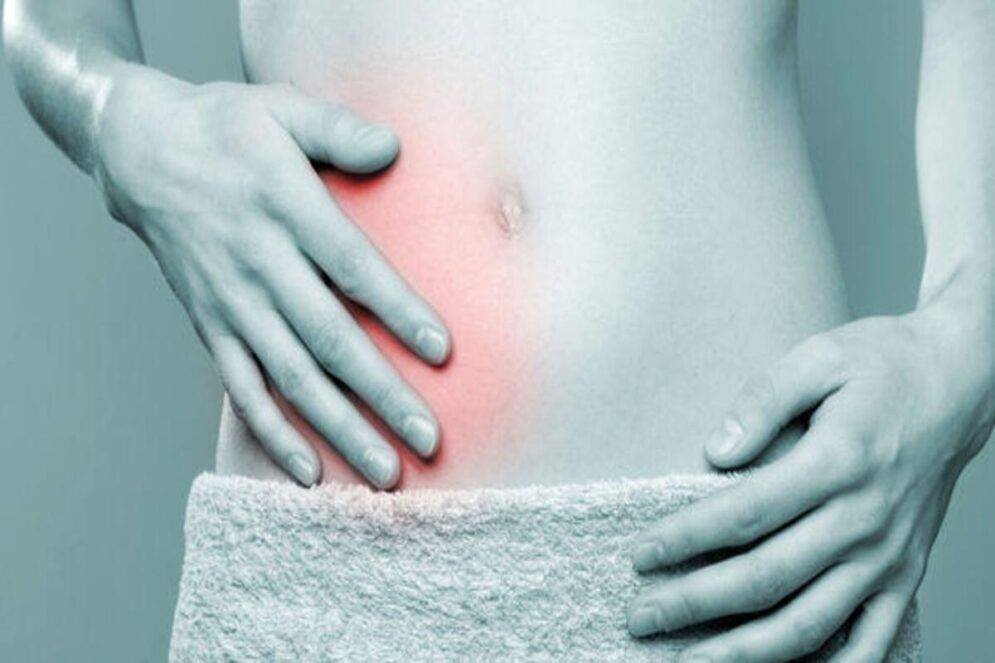Sharp Pain on the Right Side of Body – Everything You Need to Know
If you experience sharp pains on the right side of your body, you probably know that you need to visit the doctor.
The good news is that you can now call a doctor without leaving your home.
Whether you’re feeling gas, constipation, or Irritable bowel syndrome, you should consult a physician to rule out anything serious.
If you have acute pain on the right side of your body, you may want to read this article to learn more about your aches and pains.
Appendicitis
A doctor will perform diagnostic tests to determine the cause of your sharp abdominal pain, which may be mistaken for pain from another cause.
This condition can occur in either sex, regardless of age, and is most likely to be diagnosed if you have abdominal pain on the right side of your body.
In order to diagnose the condition, a doctor will perform a complete blood count and send a sample to a lab for testing.
Symptoms of appendicitis may be similar to those of bacterial infections of the urinary tract, pancreas, intestines, and urethra, so a diagnosis will be made based on these specific organs and regions.
Imaging tests will help your doctor determine if you’ve developed appendicitis.
A CT scan can provide more detailed images of the organ, but it involves radiation exposure.
If you’re pregnant, you should get a pregnancy test first before undergoing a CT scan.
If you do have appendicitis, you may need to have your appendix removed, which can be a simple surgery that can cure the condition.
Gas
The main cause of gas is undigested food in the colon.
While some carbohydrates are digested in the small intestine, others are not.
When they do not get fully digested, they pass into the large intestine where bacteria break them down.
process produces gases, including hydrogen, carbon dioxide, and methane. These gases are expelled through the rectum.
Foods high in carbohydrates are the most common cause of gas. Foods high in protein and fats do not cause much gas.
While gas is a common cause of abdominal pain, it can also be a sign of more serious illnesses, such as indigestion and heart disease.
Those suffering from gas should seek medical attention if it persists for more than three days.
The pain will vary depending on the location and duration of the symptoms.
Some minor conditions may cause sharp pains in the right side of the body, such as indigestion and constipation.
Medications and dietary changes may help to relieve your discomfort.
Constipation
You’ve probably heard of constipation before – it is a common bodily problem.
But, what is constipation, and what causes it?
Constipation is a common complaint in the United States, with 2.5 million people seeing a doctor every year.
In older adults, the digestive tract is less strong, and muscle contractions decrease.
Women are more likely to experience constipation as they age, and hormones during pregnancy slow down stool passage.
A diet high in fiber and water helps your body eliminate waste efficiently.
Your healthcare provider will likely perform several tests to confirm constipation.
Your doctor will ask about your past health history and bowel habits, as well as the type of stool that you have been passing.
He will also perform a digital rectal exam, which will assess the severity of your constipation and stool.
+If you continue to experience constipation despite the changes in your bowel habits, a CT scan or an ultrasound may be necessary. In some cases, a physician may recommend an invasive procedure, known as a colonoscopy.
Irritable bowel syndrome
While the symptoms of irritable bowel syndrome can be similar to those of other, more serious conditions, they aren’t necessarily related to bowel cancer.
In fact, it may even be something else entirely.
A doctor can often help you manage the symptoms of IBS through dietary changes.
Since each individual’s body is unique, there is no ‘one size fits all diet that works for all people.
A food diary can help identify the specific foods that trigger symptoms.
Some of the most common causes of sharp pain on the right side of the body are food and constipation.
The pain is often caused by gas or constipation.
These are generally not harmful and typically subside on their own after a bowel movement.
However, if the pain persists for more than a day, it may indicate something serious.
The doctor should also be consulted immediately if you notice fever or swelling of the abdomen.
If you also experience persistent nausea, seek medical attention immediately.
Gallbladder stones
If you’ve ever suffered from a gallstone attack, you know what a grueling, painful experience this can be.
You’ll likely feel pain on the right side of your body, usually after eating a large meal.
It may last for hours and is accompanied by bloating and vomiting.
The good news is that most gallstones are harmless, and you won’t need medical treatment.
Gallbladder stones are solid pebble-like concretions located in the gallbladder, which is in the upper right abdomen beneath the liver.
In some cases, gallstones can affect other parts of the digestive system.
Gallstones are thought to develop when there’s an imbalance in the bile, which is made up of cholesterol.
This chemical imbalance causes the stones to form.
Diverticulitis
The main goal of treatment for diverticulitis is to clear up the inflammation and infection.
Depending on the severity, treatment can range from a simple liquid diet to hospitalization and surgery.
If the condition is mild, treatment for diverticulitis can be self-care with an over-the-counter pain reliever and antibiotics
. However, if the symptoms persist, treatment will likely include hospitalization and surgery.
Treatment for diverticulitis includes a high-fiber diet to ease the pain.
Adults should aim for 30g of fiber a day.
Fruit and vegetables are excellent sources of fiber, as are legumes, nuts, and seeds.
Increasing fiber intake gradually is recommended to avoid any unpleasant side effects.
In severe cases, paracetamol is an effective pain reliever.
Your GP will also prescribe a bulk-forming laxative.
This will help you regain regular bowel movements.
If you develop symptoms of diverticulitis, you should see a doctor as soon as possible




